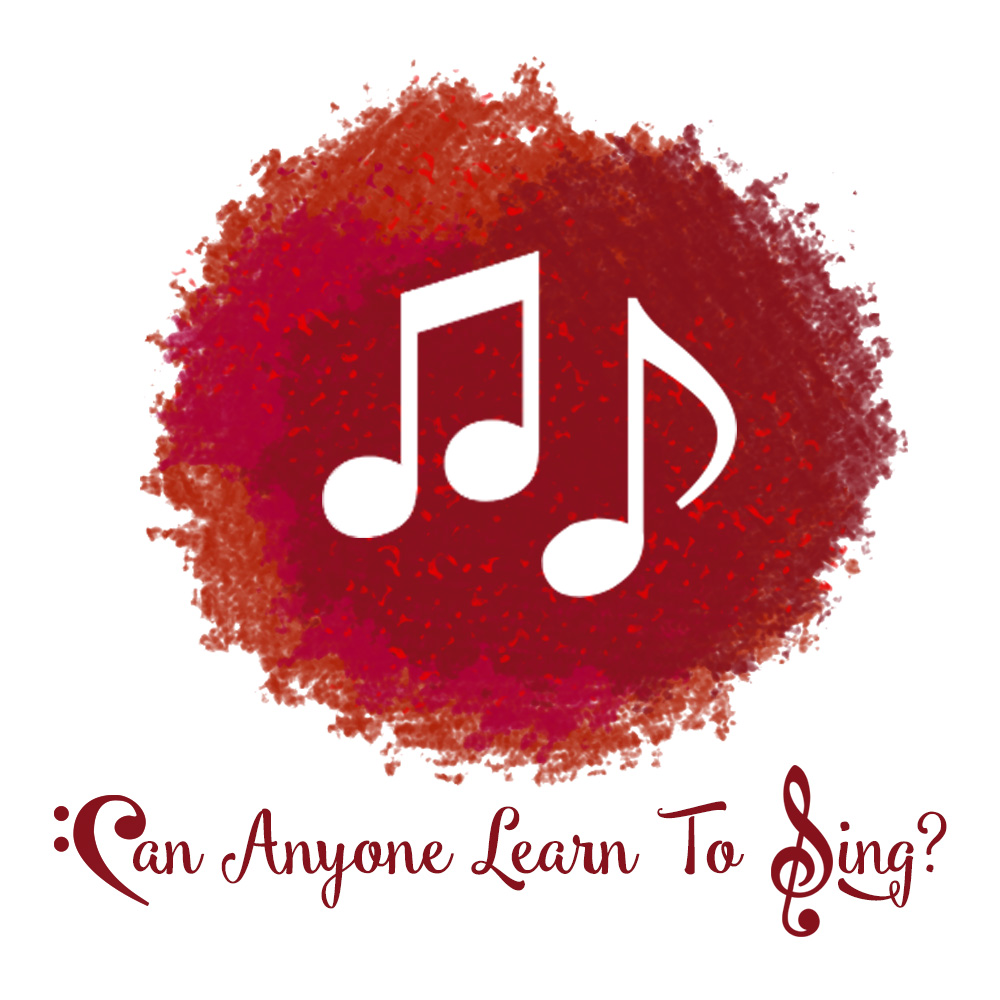This is the age old goal of almost every singer out there. We all seem to want to learn how to sing higher, but there’s seriously so much conflicting information out there that it can be really difficult to find the right techniques to practice. I know that in finding my own voice, I watched a lot of tutorials on YouTube and tried some things that absolutely demolished my voice for a few days. Hopefully you can skip that part of the learning curve. So, singing higher…
What you DON’T want to do. You do not want to blast your vocal cords up and up and up with the hopes that your voice will get higher. You do not want to “give it more support” by pushing harder and funneling tons of air past your cords. You do not want to scream to warm up your voice to sing higher. Basically, you don’t want to strain your voice with the theory of “what doesn’t kill you makes you stronger”. That’s the fast track to scarring your vocal tissue and developing vocal nodes…
What you DO want to do is learn how to blend your registers and sing through your passaggi (plural for passaggio, a small passage from one register to the next. I use this term interchangeably with “bridges”). Learn how to manipulate your voice along the hard-to-sing areas between registers and fill in the cracks in your vocal range. The first thing you’ll need to do here is learn the differences between each register and find them all within your own voice. I’ll post a YouTube video or two on this tomorrow for you… But the general 5 registers are as follows: vocal fry (aka subharmonics), chest voice, head voice, falsetto, and whistle tones. Between each of these registers is a passaggio, and before you learn to blend each register, your voice will crack in each of these areas. After you find your registers, you can begin to practice GENTLY blending them with various exercises, such as lip rolls, tongue rolls, sirens, scales, etc. I will make videos on these exercises at some point, as text explanations won’t be effective… Finally, after you learn how to blend registers, you can find songs within your passaggio(s) to learn. Instead of jumping right into singing a given song with words, practice holding out the notes to be sung, and sing them on any given vowel sound. This will help isolate your vocal cords from the other muscles in your neck and encourage a more relaxed tone when you go to sing the words.
Hope this helps! As always, feel free to ask me any of your vocal questions. 🙂
